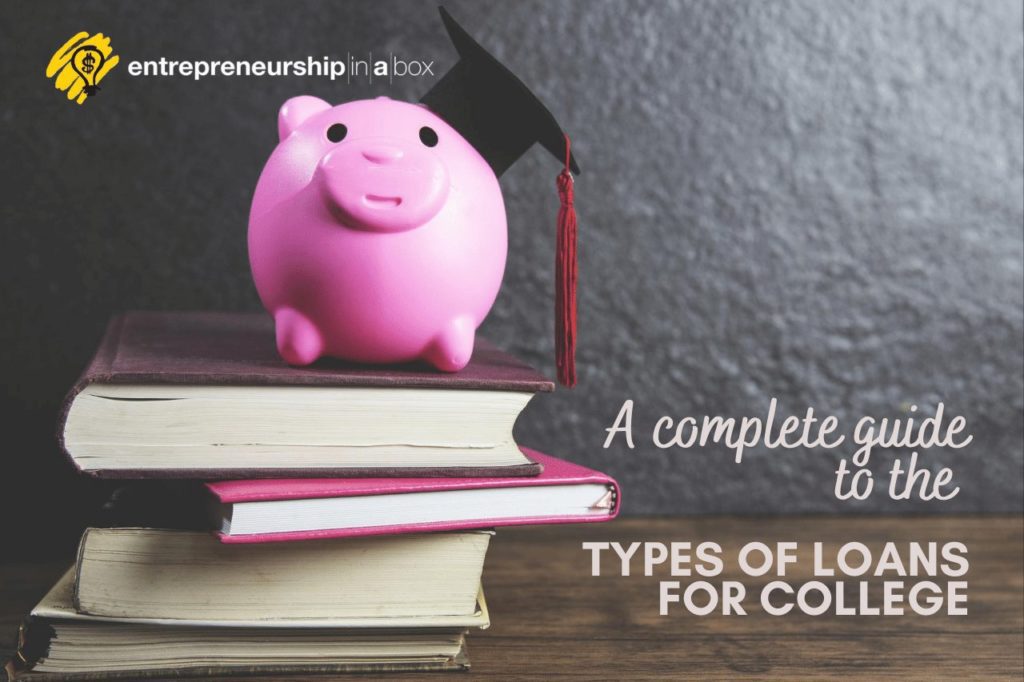Around 69% of college students took out student loans in 2019. Taking out a loan for school is often a necessity for aspiring graduates.
There are five types of student loans the government offers graduates and undergraduates. Federal loans require you to submit the FAFSA, a free application that helps the government assess eligibility. You’ll want to complete a new FAFSA each year you plan to take out loans for college.
Below is a complete guide to the types of loans for college. Read on and get ready to further your education!
Types of Loans for College: Federal Loans
Most experts recommend Direct Consolidation loans for ease of payment after graduation. This allows you to consolidate several federal education loans at no cost to you.
Consolidating college loans is like refinancing any loan. You end up with one loan and one payment, which can mean lower monthly payments. Just be sure to check how consolidating will affect your eligibility for loan forgiveness and other original loan offers.
The first question to ask: should you take on subsidized or unsubsidized college loans? When you get subsidized federal loans, the federal government pays the interest while you’re in college or in deferment. Direct unsubsidized loans begin accruing interest immediately after taking the loan.
You can also take out Parent PLUS loans with a parent or guardian as the cosigner. Parent PLUS loans are credit-based, unsubsidized federal loans.
Be sure to communicate with your parents about your plans to pay some or all of the loans. Once you take a loan out, everyone who signs is ultimately responsible for ensuring timely payments are made.
Private Loans for College
If you’ve taken out several types of loans from the government and still can’t meet financial obligations, you still have options. These options are separate from those offered through your FAFSA application. Private college loans are offered by financial institutions, including banks.
Types of bank loans vary by purpose. Some loans are intended to be paid back quickly. Others may offer smaller payments with higher interest rates.
Private education loans are less like student loans and more like personal loans in nature. Your credit history may affect your eligibility and interest rate. You may also need a creditworthy individual to cosign.
The interest rate of private education loans can be fixed or variable. You may end up paying more than you would with federal education loans, but you’ll still find it more affordable than many other debts.
When considering a private loan, you’ll want to thoroughly review the lender. Their website should provide an overview of repayment options and benefits of choosing them as a lender.
You may have to apply for a private loan directly on the lender’s website. There, you can choose your repayment plan and interest rate type.
📖 More similar articles
Start Your Future Now
The above types of loans for college can help you go farther in your educational journey. Don’t let financial struggles weigh you down. Check out our other articles on personal finance for more money-savvy tips!



